Update from the Field: A Tissue for an Issue
Posted by David Dyson, Agronomist on June 04, 2018
This post may reference products and/or services only available to our Retail Farm Center customers. For more information contact your Territory Manager at The Andersons.
When my kids start complaining about their teenage angst, the saying around my house is: “Do you need a tissue for your issue?” In agriculture, sometimes taking a tissue sample can make you aware of an issue before yield damage has occurred.
Tissue sampling and testing should be in every agronomist’s tool box. It is not a silver bullet that can solve every problem a crop is enduring, but it can give us a snapshot of what is happening with the crop at that given moment. Nutrient deficiency symptoms are not always caused by a lack of nutrients in the soil. Other factors can be to blame, such as poor root development, unfavorable soil conditions, or weather. Plant tissue sampling helps identify the problem and determine a corrective action.
A plant tissue analysis will show the nutrient status of the plants during the growing season and detect unseen or hidden hunger. Plant tissue analysis can also supply information to confirm visual deficiency symptoms. Different deficiencies can present very similar visual symptoms. Figure 1 shows a corn plant that was suffering from magnesium deficiency, confirmed through tissue sampling. Figure 2 shows almost identical visual symptoms, but was suffering from sulfur deficiency, again confirmed through tissue sampling. Though usually used as a diagnostic tool for future correction of nutrient problems, a plant tissue analysis from young plants will allow for a corrective fertilizer application that same season.

Figure 1: This image shows magnesium deficiency in a young corn plant, later confirmed by a tissue test. This picture was taken in 2017 outside of Silver Lake, IN.

Figure 2: This image shows a sulfur deficiency in a young corn plant, confirmed by a tissue test. This picture was taken outside of Bennett Switch, IN in 2018.
There are three important stages in a corn plant’s life: V5, V10, and R1. In being proactive through tissue sampling, you are capable of knowing which nutrients may be limiting and correct these deficiencies. Tissue sampling can pinpoint nutrient deficiencies at these critical growth stages so we can make adjustments before yield potential is compromised. The reason for an early sample at V5 in corn is to determine any nutrients that may be limiting plant growth and development. The corn plant is determining the number of rows around the ear at this stage. This gives us an opportunity to correct with an in-crop application of a foliar fertilizer. Sampling tissue at V10 allows us to determine if the crop has the nutrients it needs. This is especially important because the ear length is determined during this stage. R1 testing allows us to determine the effectiveness of previous adjustments we made earlier in the growing season. As plants transition into a reproductive stage, we can defend yield by adding nutrients into an aerial application. Sulfur and boron, for example, are essential nutrients for pollination and grain fill.
In conclusion, The Andersons can provide high-quality products that can be applied to growing crops without hurting the living tissue. The trick is to know what to apply and when to apply it. Many different deficiencies can show the same symptoms in our crops. The Andersons can supply tissue testing to eliminate the guess work. As I always suggest, “Don’t guess, tissue test!”
FOR MORE INFORMATION:
Please complete the form, and we’ll get you in touch with your Territory Manager from The Andersons.

Dave Dyson is a regional agronomist for The Andersons’ Farm Centers which are located throughout Ohio, Michigan, and Indiana. He is an Indiana native and grew up on a dairy farm in Miami County. A graduate of Purdue University with a degree in Crop & Soil Science, Dave has a deep knowledge of various agronomic topics and is committed to helping growers improve their crops. If you have any questions, Dave can be reached at david_dyson@andersonsinc.com.


